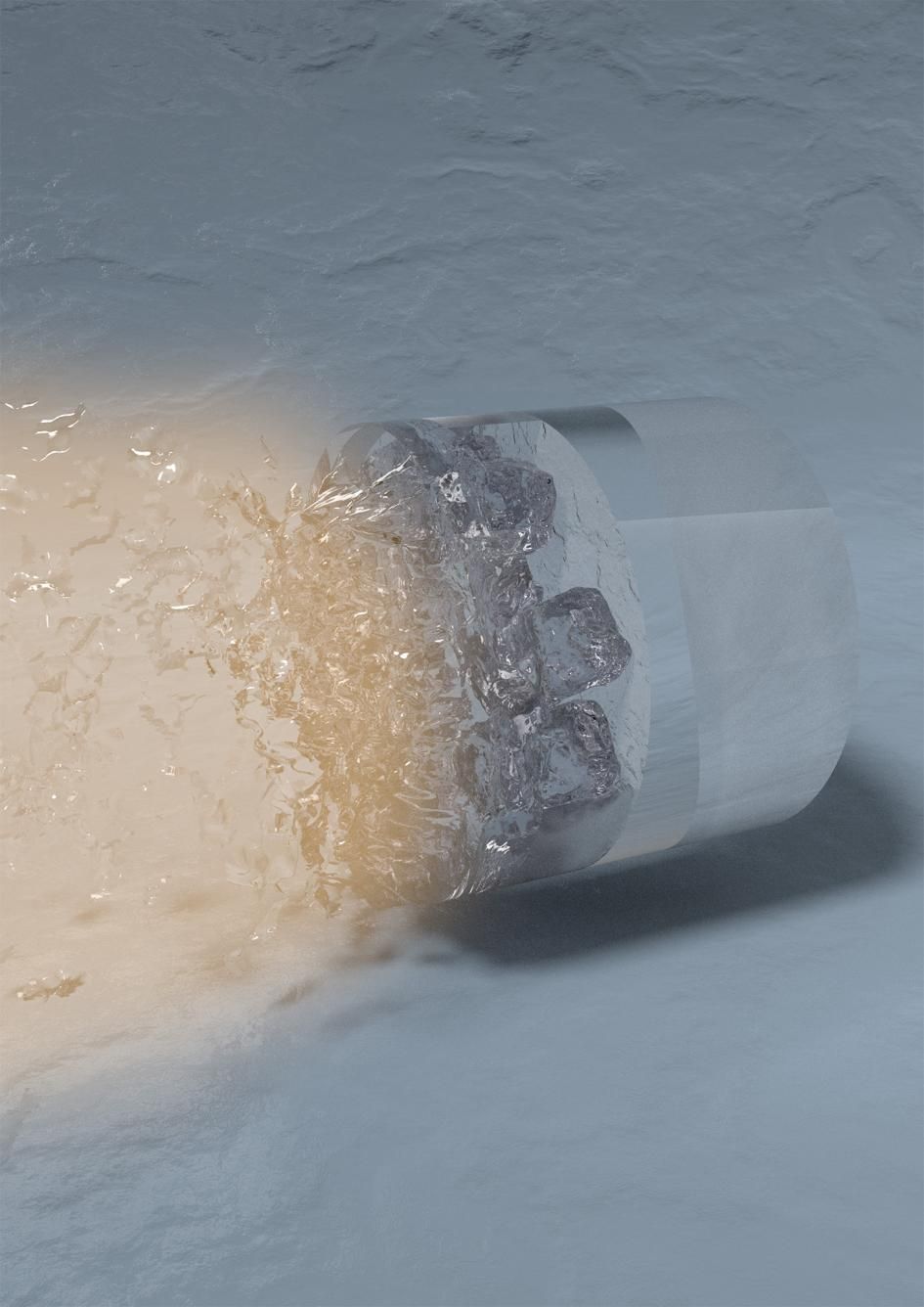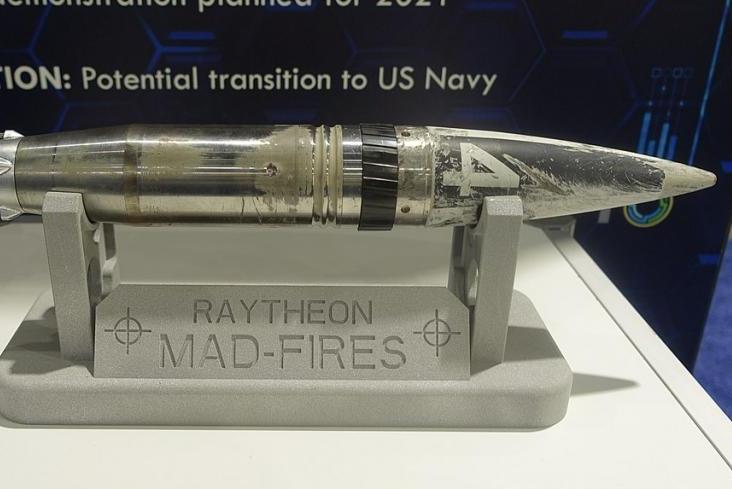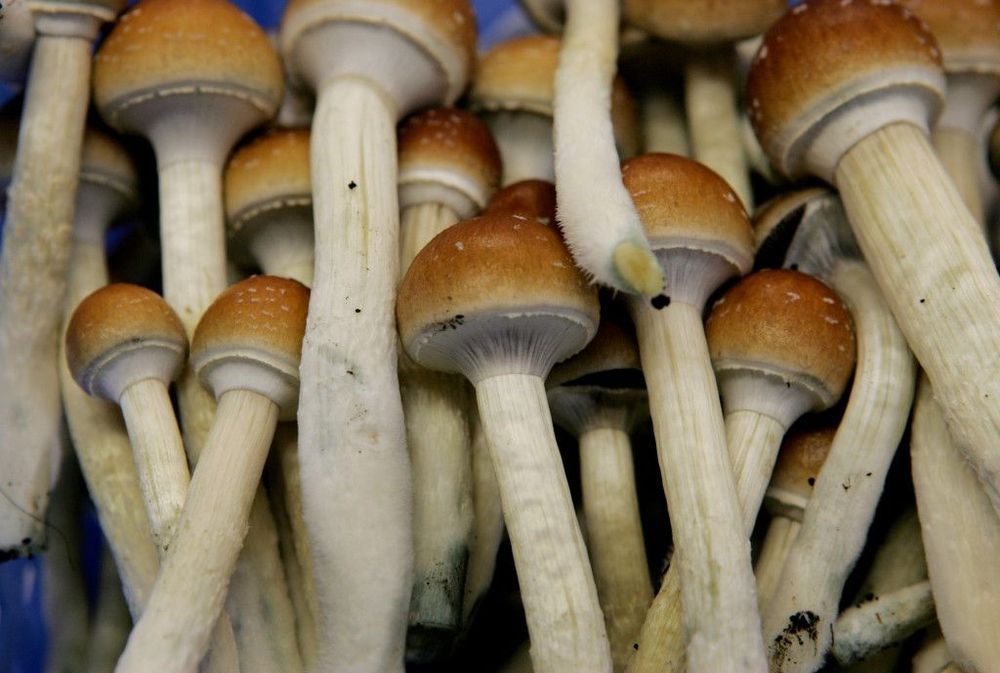The rare fossil find from China is the best preserved example yet of this very odd dinosaur group.
Get the latest international news and world events from around the world.

Tornado warnings issued in Texas as violent night of weather begins for millions
Tornado warnings were issued in the Panhandle of Texas Tuesday afternoon, the first salvo in what’s predicted to be a violent night of weather across the southern Plains.
“Severe thunderstorms are likely into tonight, particularly across the Texas Panhandle and western Oklahoma,” the Storm Prediction Center warned. “A couple of strong tornadoes, very large hail, and damaging winds will all be possible.”
Hail nearly the size of baseballs was reported to be slamming into Fritch, Texas, as of late afternoon, the center reported. That’s about 20 miles northeast of Amarillo.


Raytheon tests motor for DARPA’s MAD-FIRES self-defense interceptor
May 7 (UPI) — Raytheon Company successfully tested a hot fire rocket motor for DARPA’s Multi-Azimuth Defense Fast Intercept Round Engagement System.
The test for the U.S. Defense Advanced Research Projects Agency was conducted on an undisclosed date at Yuma Proving Ground in Arizona, Raytheon announced Monday.
The MAD-FIRES interceptor is designed to provide self-defense capability that defeats multiple waves of anti-ship missiles, unmanned aerial vehicles, small planes, fast in-shore attack craft and other platforms that “pose a perennial, evolving and potentially lethal threat to ships and other maritime vessels,” according to the agency.

Antimatter Is Both a Particle and a Wave, New Experiment Confirms
Antimatter isn’t just made of antiparticles, it’s also made of waves. Now we know that this holds true even at the level of a single antimatter particle.
Physicists have known for a long time that just about everything — light and other forms of energy, but also every atom in your body — exists as both particles and waves, a concept known as particle-wave duality. That’s been shown again and again in experiments. But antimatter particles, which are identical to their matter partners, except for their opposite charge and spin, are much more difficult to experiment with. These twins of matter flit into existence fleetingly, usually in massive particle accelerators.
But now, physicists have shown at the level of a single positron — an antimatter twin of the electron — that antimatter, too, is made of both particles and waves.

Army Demonstrates a Weapon That Shoots Laser-Guided Lightning Bolts
Over at Picatinny Arsenal, the research and development facility and proving ground for the U.S. Army’s weaponry, engineers are developing a device that shoots lighting bolts along a laser beam to annihilate its target. That’s right: lighting bolts shot down laser beams. This story could easily end right here and still be the coolest thing we’ve written today, but for the scientifically curious we’ll continue.
The Laser-Induced Plasma Channel (LIPC) can be used to destroy anything that conducts electricity better than the air or ground surrounding it (unexploded ordnance seems a good candidate here). It works off of some pretty basic principles of physics, using a laser to carve an electromagnetic path through the air that accommodates a high-voltage beam. Create that path, crank up the voltage, and your target is toast.
It works like this: a high intensity, super-short duration (maybe two-trillionths of a second) laser pulse will actually use air like lens—surrounding air focuses the beam, keeping the laser pulse nice and tight rather than scattering it. If the pulse is strong enough, it actually creates an electromagnetic field around itself that’s so powerful it strips electrons from air molecules, essentially creating a channel of plasma through the air. Since air is composed of neutral particles (that act as insulators) and the plasma channel is a good conductor (relative to the un-ionized air around it) the path of the laser beam becomes a kind of filament.

5 Mysterious Photos Taken By NASA On The Moon! …
5 Mysterious Photos Taken By NASA On The Moon!
Our curiosity has led us to investigate, every aspect and every corner of the moon.
But sometimes, when you’re looking for something, you can find unpleasant surprises, which may disturb you for a long time.